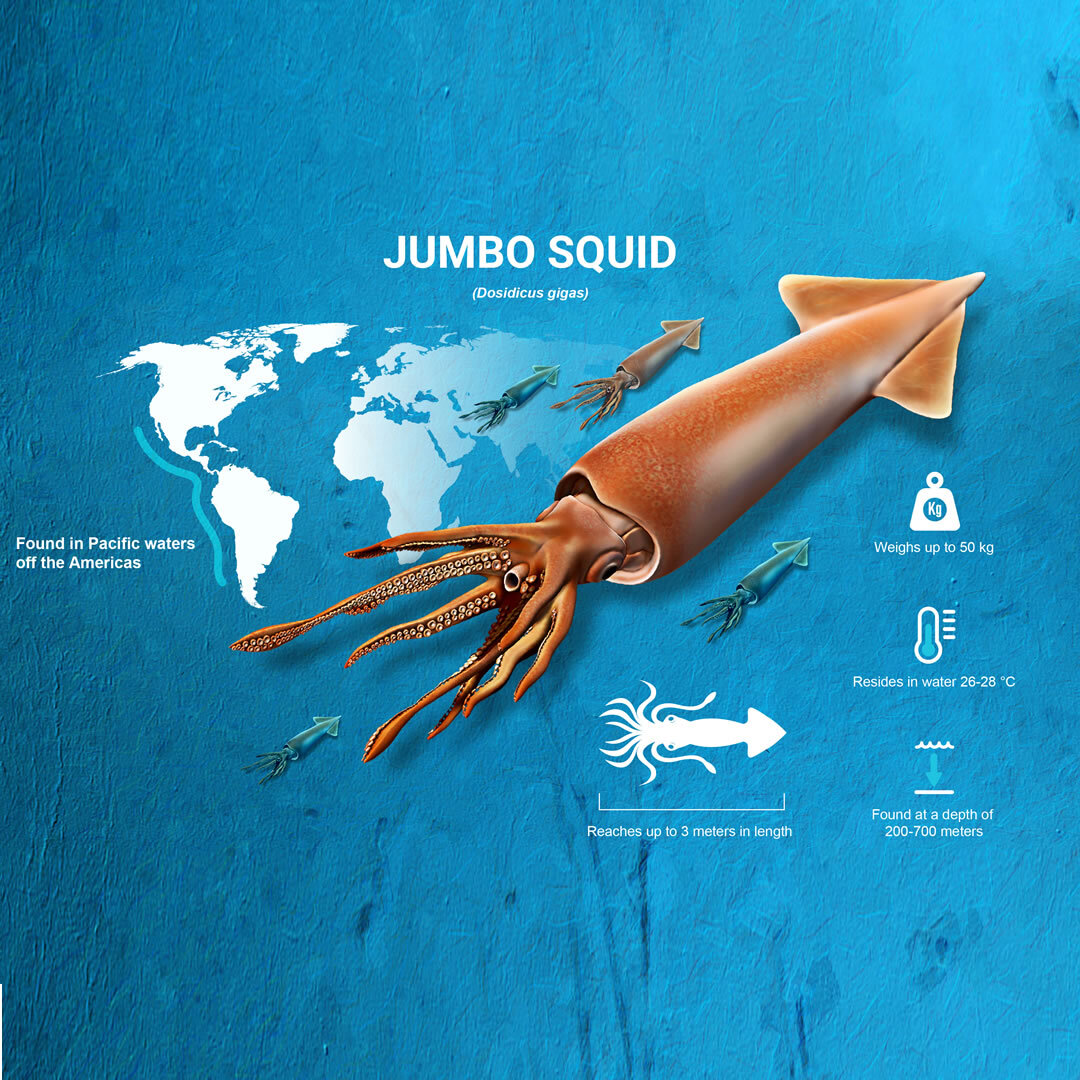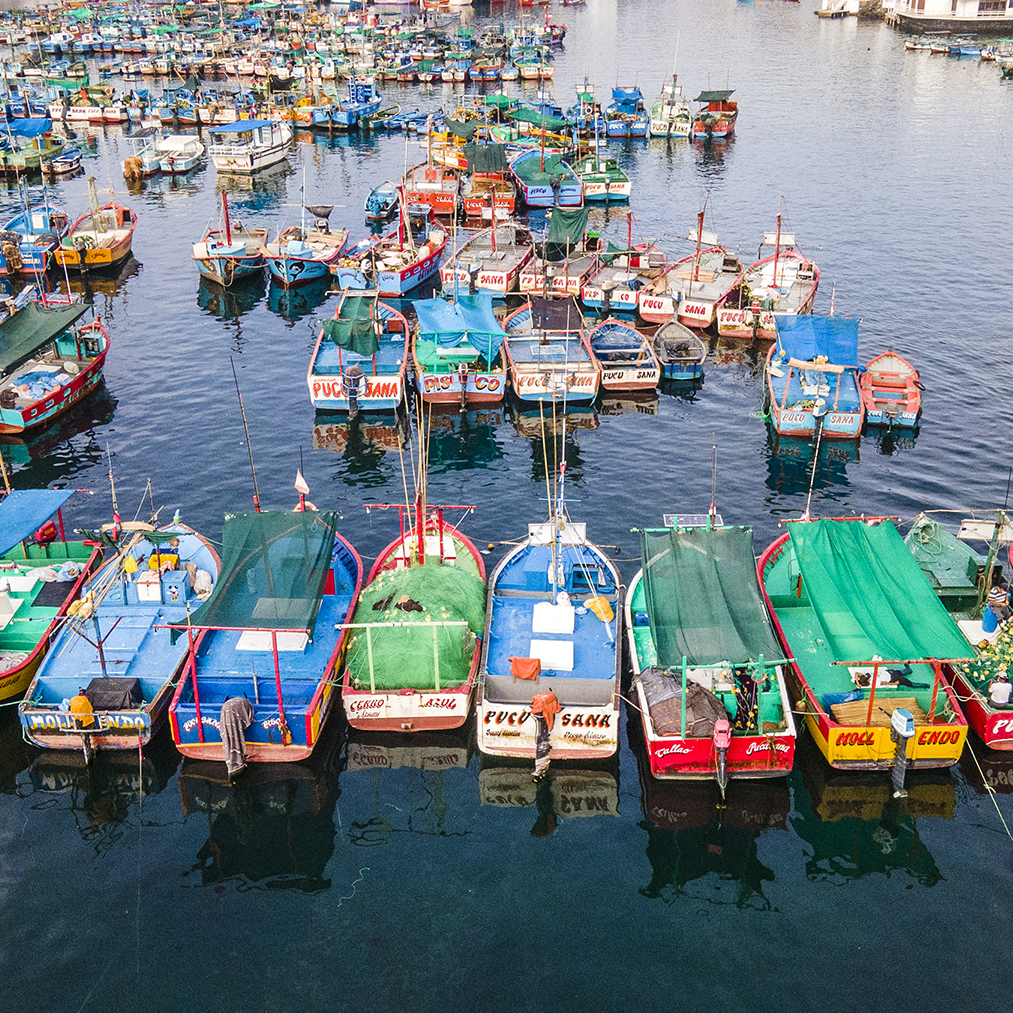Latin American waters are among the planet’s most biodiverse and productive. Stretching from the Pacific to the Atlantic, they nurture coral reefs, support vast fisheries and sustain millions of coastal communities. However, as pressures on marine ecosystems grow, due to issues such as overfishing and climate change, so too does the need for effective and transparent ocean governance.
Global Fishing Watch is working across Latin America to turn that need into action.
Our officers in the region
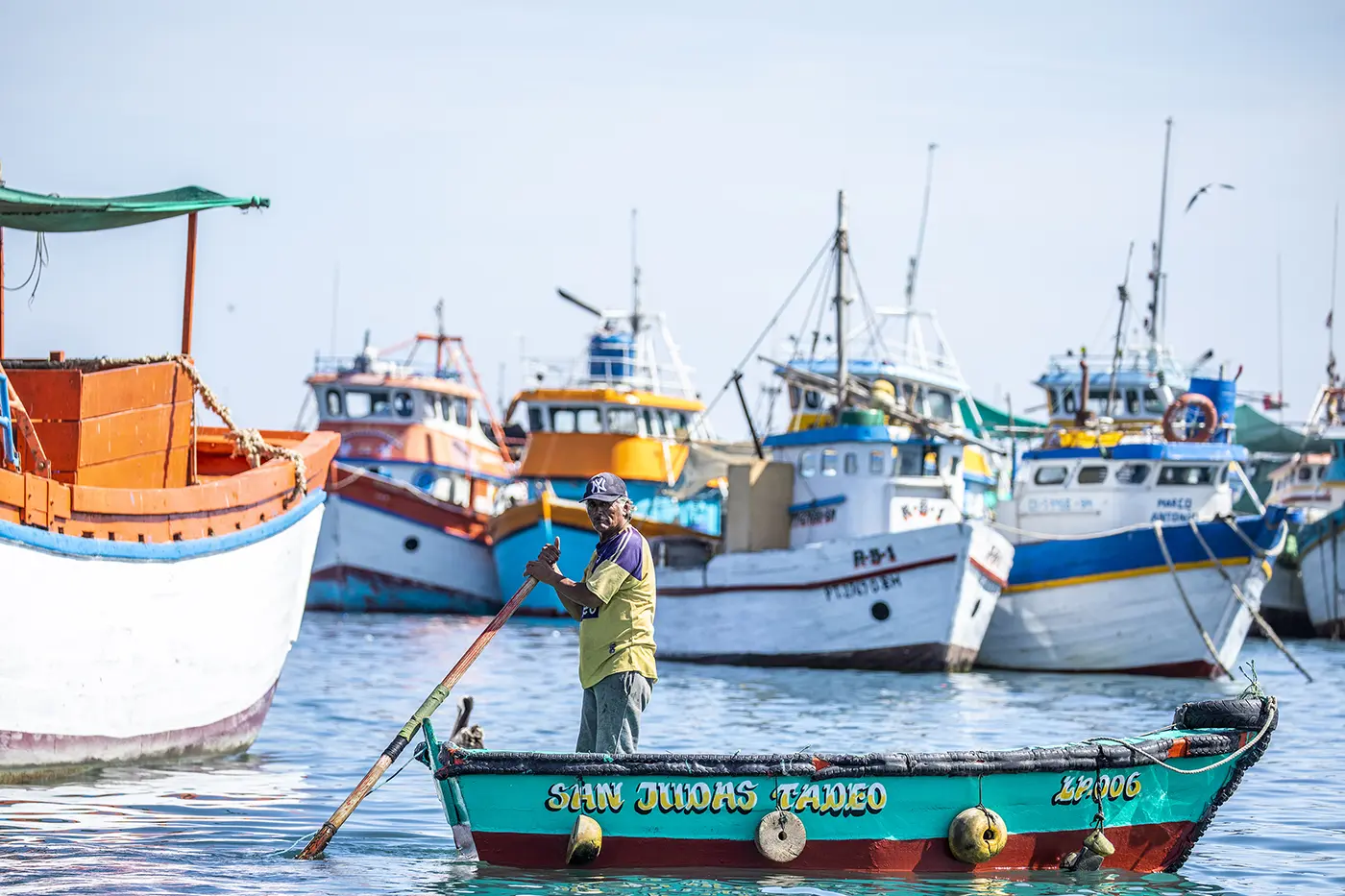
At the forefront of ocean transparency
Rather than simply joining the movement for ocean transparency, Latin America is leading it.
Countries like Belize, Brazil, Chile, Costa Rica, Ecuador, Panama and Peru have taken bold steps to open their fishing vessel tracking and other vessel-related data to the world, setting a global example of what transparent ocean governance can become. These efforts are helping to shine a light on fishing activity, improve accountability and support more effective marine management across the region. With 14 percent of the world’s seafood originating from this part of the world, these actions carry global significance.
But transparency goes beyond tracking vessels—it also plays a critical role in protecting marine biodiversity. In the Eastern Tropical Pacific, our work is helping to strengthen the management of marine protected areas (MPAs) within the Eastern Tropical Pacific Marine Corridor, or CMAR. This marine area is one of the most ecologically rich in the world—and one of the most threatened.
Global Fishing Watch is a key partner in regional monitoring, control and surveillance efforts to combat illegal fishing in CMAR. We’re also building the capacity of local authorities and MPA managers from Colombia, Costa Rica, Ecuador, Panama and Mexico to use data and technology in their day-to-day operations—helping countries safeguard these vital waters, enforce protections and meet international biodiversity commitments like 30×30.
With bold decisions and tangible results, Latin America demonstrates that transparency is more than a principle; it is a powerful tool for action..
Countries we work with
Countries engaged in Global Fishing Watch’s work, from sharing VMS data on our map to using our technology to monitor and manage their MPAs.
Turning challenges into opportunities
Despite its leadership, like the rest of the world, Latin America faces urgent and complex challenges.
Illegal, unreported and unregulated (IUU) fishing continues to siphon away resources—costing South America alone an estimated $2.3 billion annually. Meanwhile, data gaps in vessel ownership and enforcement leave room for bad actors to operate with impunity. Governments often face significant challenges in enforcing fines against illegal fishing vessels due to data collection issues and complex legal processes. Climate impacts are further stressing already vulnerable marine ecosystems.
But this moment also presents a historic opportunity. By closing information gaps and embracing digital innovation to update policies and drive reforms, the region can strengthen fisheries management, secure marine biodiversity, and support resilient coastal economies for generations to come. Global Fishing Watch is proud to work hand-in-hand with governments, NGOs, scientists and local communities across Latin America to make a difference for our shared ocean.

Making vessel activity and other key data—from tracking and authorizations to policies— accessible through our public map, giving decision-makers and citizens alike a clearer view of what’s happening at sea.

Providing science-based and expert insights through customized analysis reports that help inform and improve controls and regulations.

Helping design and implement monitoring systems that improve compliance and reduce the risks of IUU fishing.

Providing training and tools that empower authorities and marine protected area managers to use information to guide action.

Collaborating on openly-accessible science to generate insights that guide policy and conservation.
Latin America as a global model
Latin American countries are proving that transparency works. The region’s progress offers a blueprint to shape the future of sustainable ocean governance. As countries move from policy to implementation, the lessons learned here can inform a new era of global standards for openness, accountability and marine stewardship.
Check out our global footprint map to learn more about our work and individual countries’ transparency achievements.
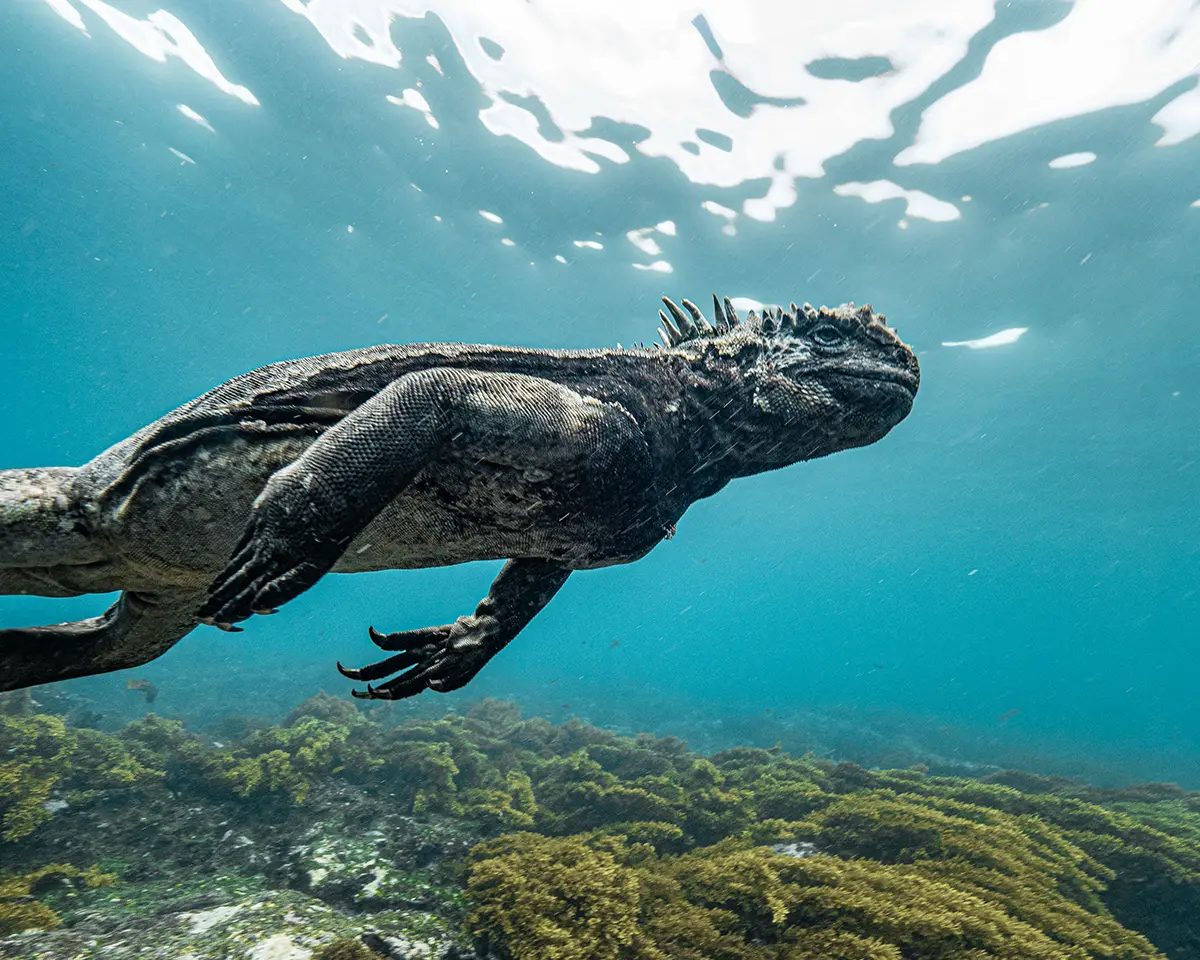
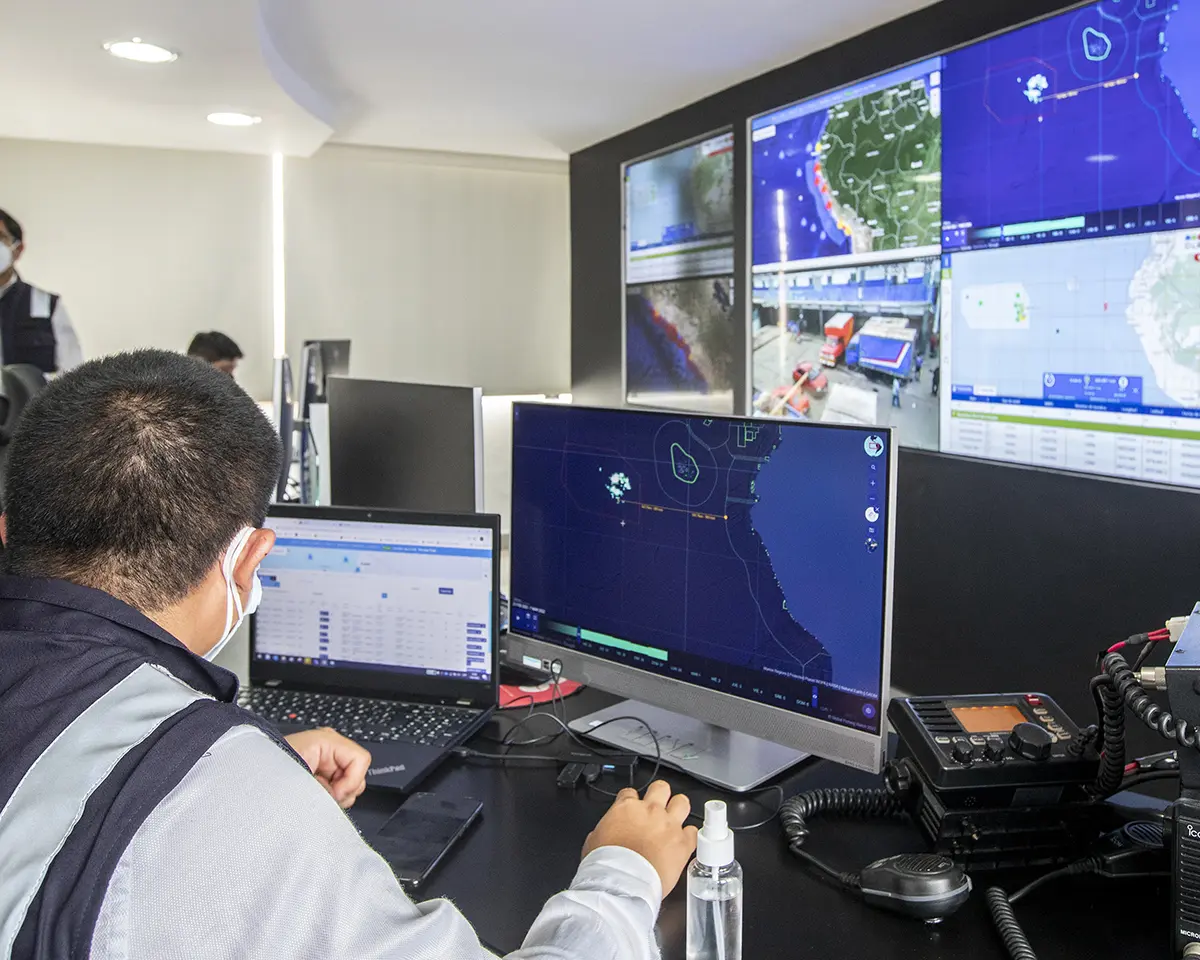
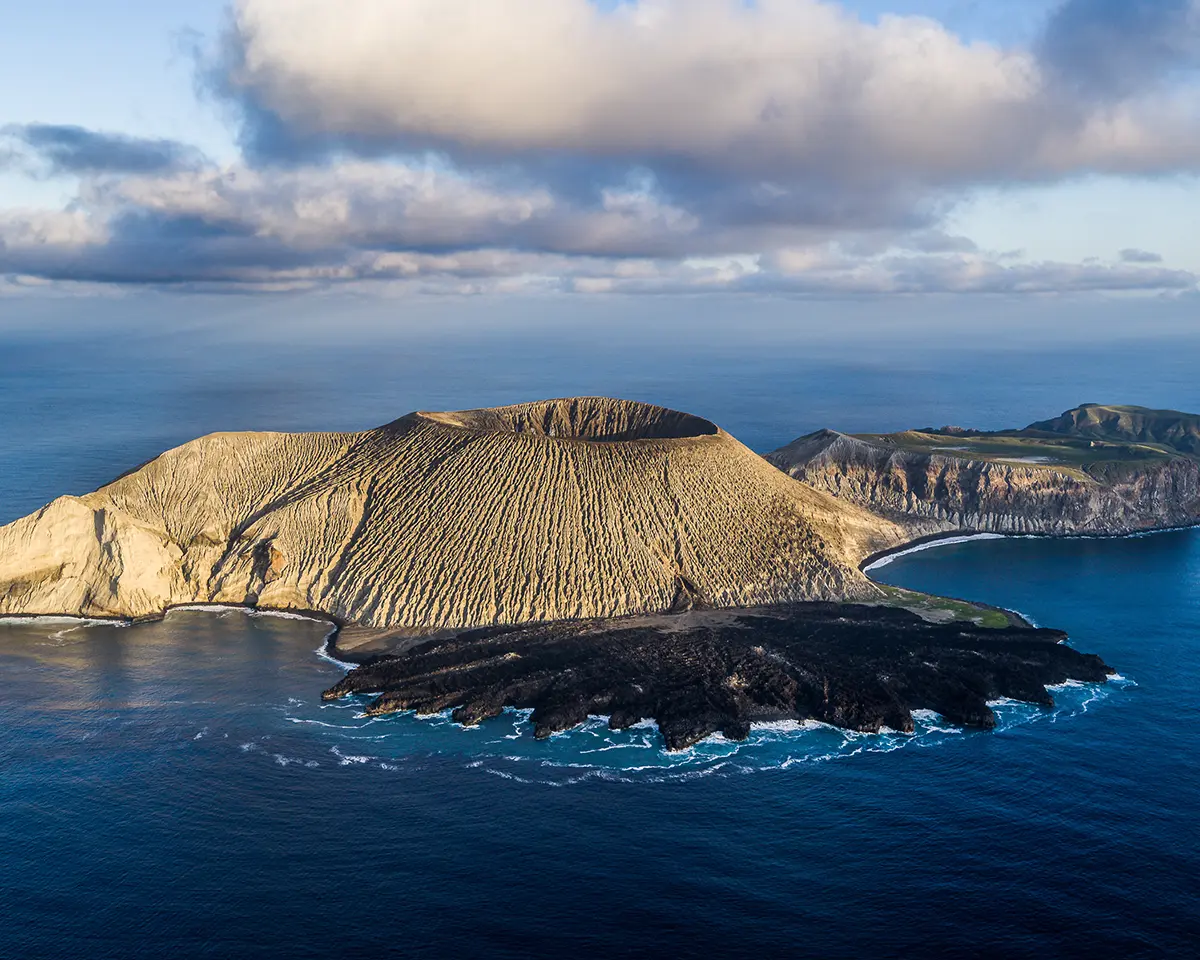
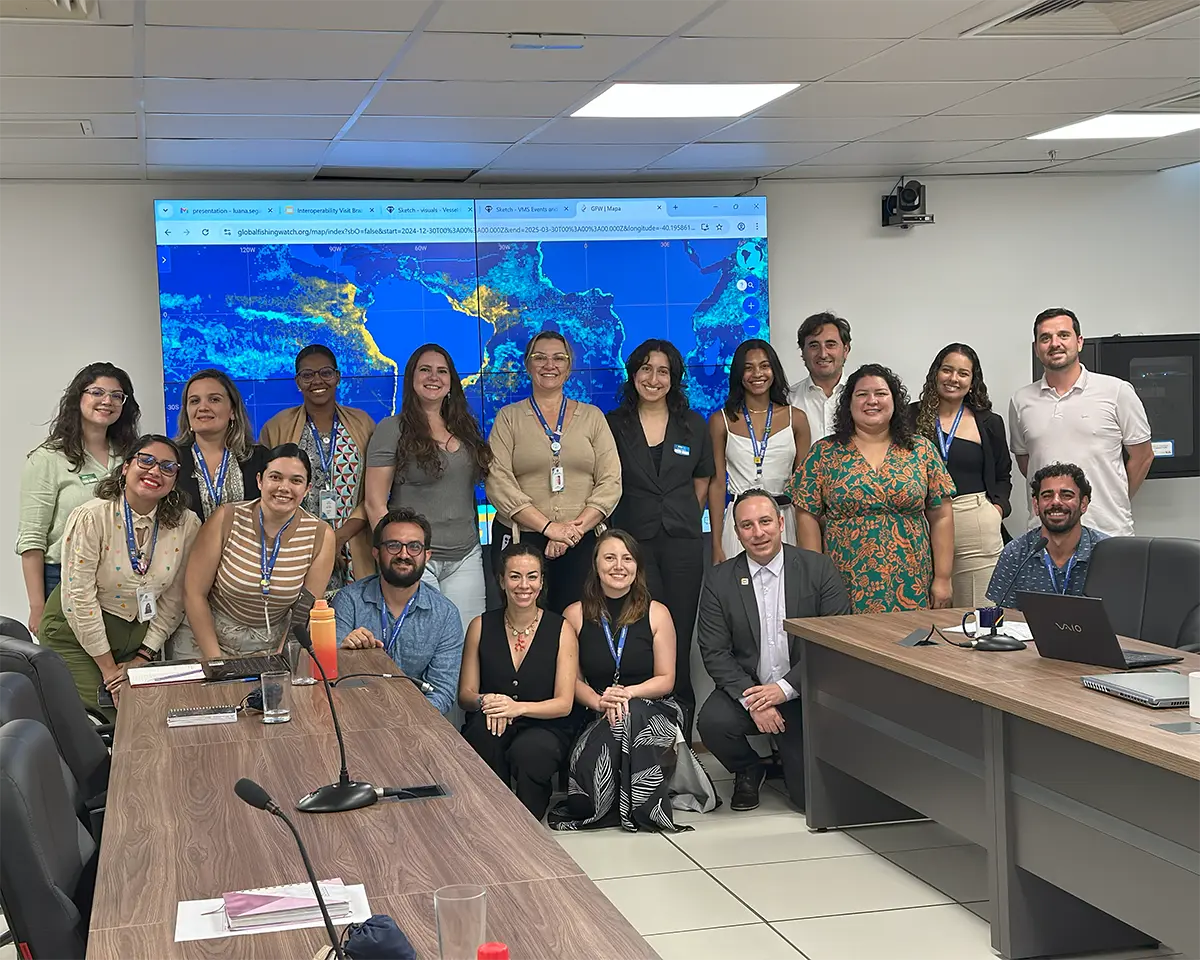
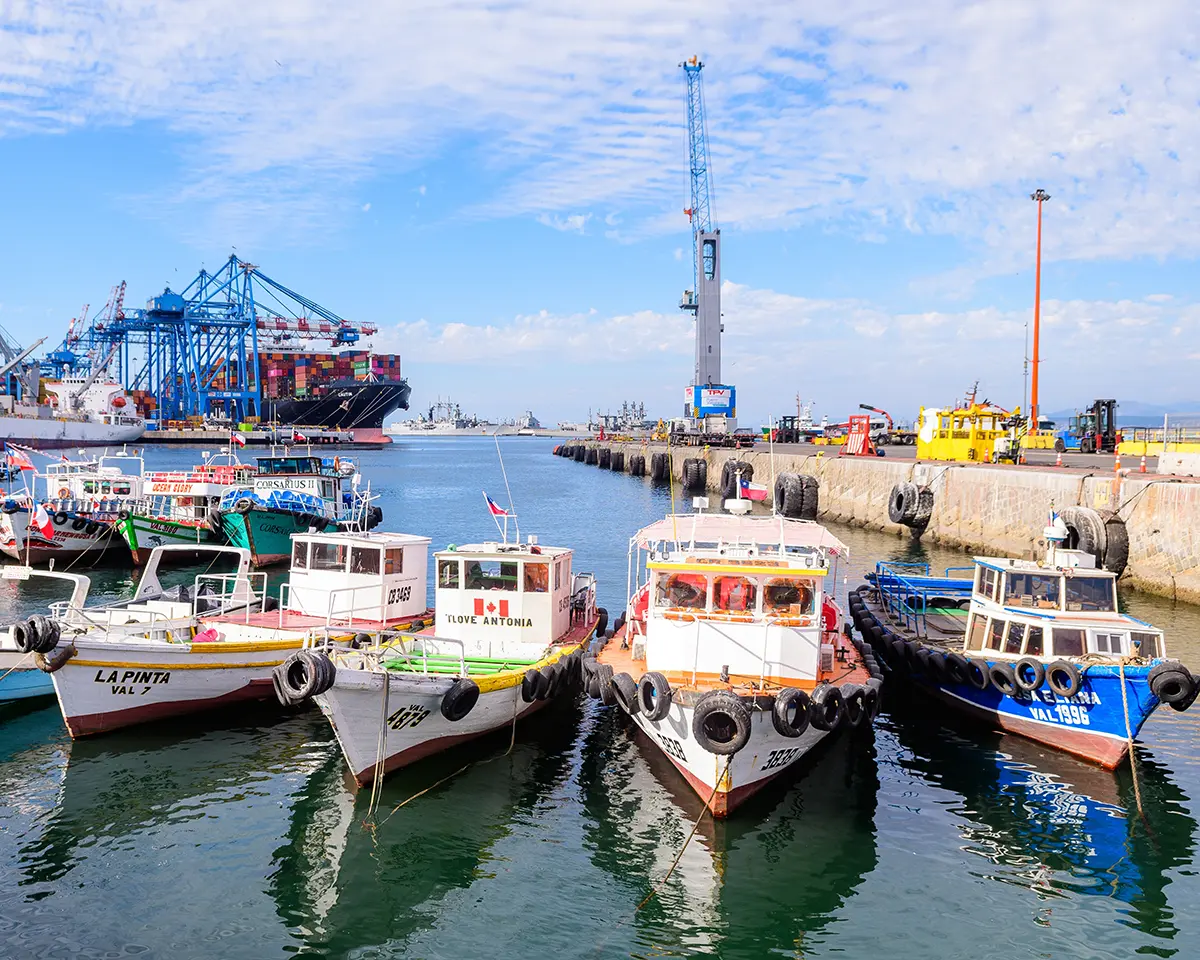
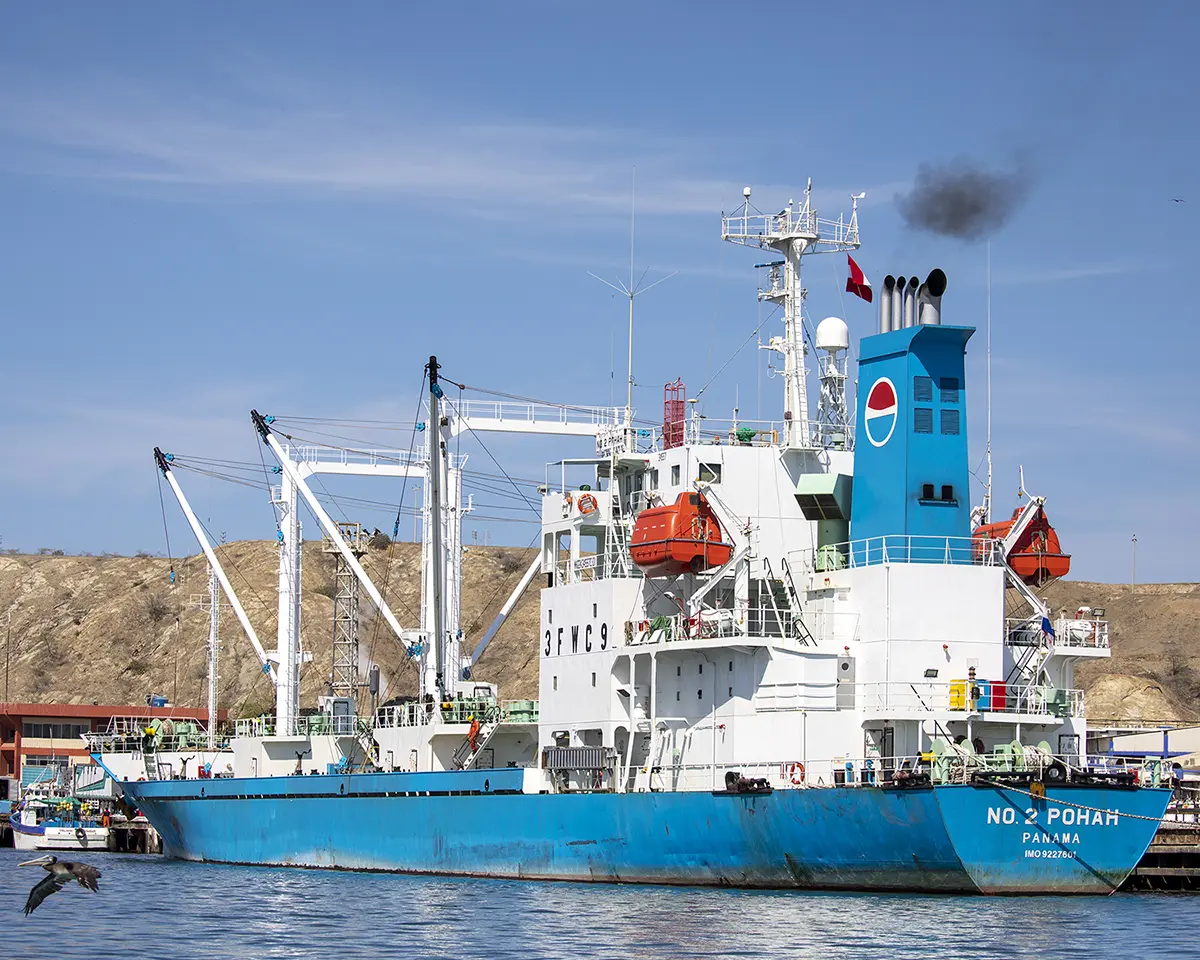
The Search for Squid
The waters off South America are home to one of the most lucrative fisheries: the jumbo squid. Sustainable management of squid fisheries depends on effective vessel monitoring. Global Fishing Watch uses cutting-edge technology to analyze this fishery and enhance monitoring, control and surveillance efforts in the region.
Transparency in Focus
Thanks to the commitment and combined support from government champions, industry leaders and academia, in just a few years, data transparency has become the gold standard across fisheries in one of the most productive and biodiverse waters in the world: Peru. Discover more in our new project Transparency in Focus.

